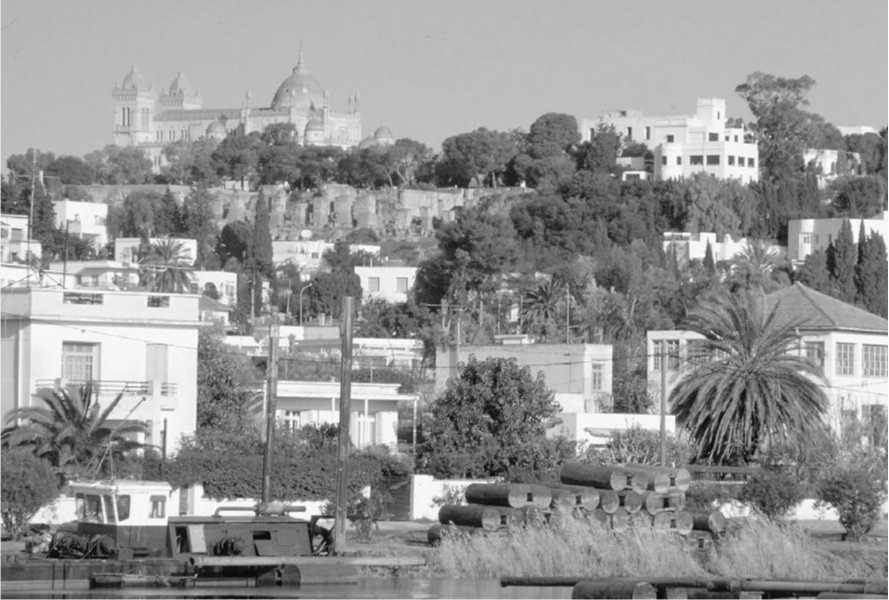Because Augustine's parents wanted their son to get ahead in life, they enrolled him at one of the best Roman schools, in the city of Madura. In 370, when he was sixteen years old, he completed his studies there, and hoped to go on to the equivalent of college. However, his father had to raise the money for his studies, so in the meantime, Augustine returned home. He spent a year in Tagaste, during which time he associated with other young men who encouraged him to engage in reckless living, including sexual activity, theft, and acts of destructiveness.
In 371, Augustine went away to Carthage to continue his studies. Located in what is now Tunisia, Carthage was the greatest city of Roman Africa—but it was also a place where a young person could get into a great deal of trouble. While there, Augustine became involved in a number of sexual relationships, one of which resulted in the birth of a son, Adeo-datus (ay-dee-AHD-uh-tus). He also spent time with a gang of troublemakers called the "wreckers," and flirted with a faith called Manichaeism (man-uh-KEE-izm).
A religion which had originated in Persia or Iran, Manichaeism had many Christian elements. Yet it differed

A view of modern Carthage, Tunisia. In Augustine's time, Carthage was the greatest city of Roman Africa and Augustine's home for many years. Photograph by Jason Laura. Reproduced by permission of Laura Communications.
Sharply from Christianity in a number of other ways, most notably in Manichaeans' claim that they alone had special knowledge concerning the true nature of good and evil. Augustine would remain associated with the Manichaeans for nine years, and encouraged many of his friends to accept that faith. Despite his later rejection of Manichaeism, Augustine recognized that his interest in the religion was an early step in the quest for understanding that would lead him to Christianity.




 World History
World History









